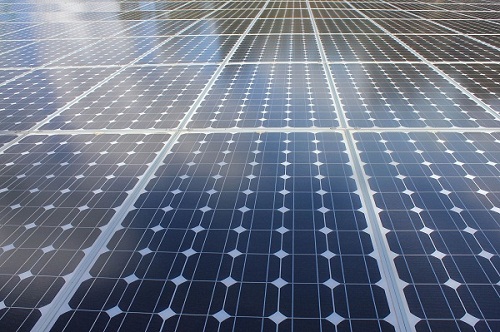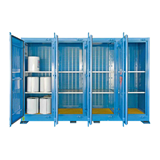A new index measuring the ability of G20 nations to flourish in a low-carbon economy shows East Asia has taken over from Europe and the United States when it comes to action on climate change.
Japan, China and South Korea took out three of the top five spots on the Low-Carbon Competitiveness Index, released last Tuesday as part of the Climate Institute's report on global climate action.
France leads the way, largely on the back of its low-emission nuclear energy sector, followed by Japan, China, South Korea and Great Britain.
Australia, though making slight improvements, languishes in 17th place and has been overtaken by Indonesia in its readiness for a low-carbon future.
The data is from 2010 and doesn't include the impact of the federal government's clean energy laws like the carbon price, but does include significant world events like the global recession.
The head of the Climate Institute, John Connor, says as other nations put constraints on carbon and pursue economic gains with less pollution, Australia may be left behind if it opts out of real action.
"We could become stranded trying to sell something that is no longer of interest," he told reporters.
"If it's not seen to be doing its fair share, it could suffer both diplomatically and economically."
Connor said Australia had significant "lead in our saddlebags", running a high-carbon economy in terms of both energy usage and exports.
Investment in clean energy, one measure of low-carbon preparedness, had stalled in Australia with industry uncertain about the future of the Renewable Energy Target (RET), he said.
Clean energy investments in Asia, meanwhile, hit $270 billion in 2012, while China earned $36 billion selling solar panels — about what it made from its traditional market in shoes.
Connor said China was pushing for an emissions trading scheme and had indicated it wanted to rein in its coal consumption, in part to combat air pollution.
Many nations weren't driven to take action on climate change for green reasons, but were motivated by a range of self-interest matters like energy security and productivity growth.
But even taking current efforts into account, the world was still on track to a global temperature rise above two degrees Celsius by 2050, a rate accepted by most nations as dangerous.
For this reason, Connor said shifting to a carbon-constrained future where nations tried to get the most possible from a tonne of CO2 wasn't going to be easy.
"Australia, by virtue of its place (on the index), will be one of the ones which will suffer the most if we don't really double down on low-carbon improvements," he said.


-160x160-state_article-rel-cat.png)







-160x160-state_article-rel-cat.png)














